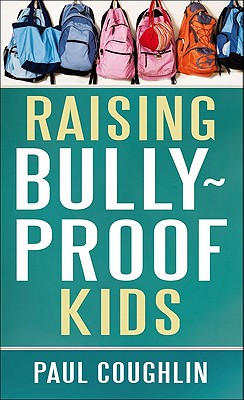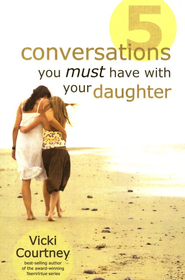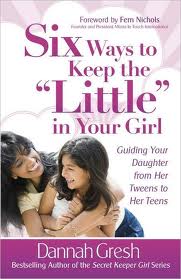A Hug from God Every Wednesday
/
This week I got to do one of my favorite things. I went to an end-of-year Celebration Brunch at a nearby church and listened as moms shared about their year in Mom to Mom.
It’s that time of year—and I love it! Many Mom to Mom groups use their last meeting of the year to hear from women in the group about how God has met them in this year. Sometimes I’m lucky enough to hear from these moms face-to-face. Sometimes I get emails from moms in groups around the country. But all the time there is a common theme: “God met me here.”
Yesterday I listened as one woman told of how God had changed her this year through Mom to Mom. Changed her marriage. Changed her perspective on what it means to build a Christian home. Helped her prepare for the birth of their first baby. (Yes, she came to Mom to Mom while pregnant with her first child in order to prepare to be a mom!)
Another mom told of how her group kept a prayer journal together. How it had gotten her through this year to keep in touch with prayer requests by email even when she had sick kids and couldn’t make it to Mom to Mom. Another told an amazing story of God’s healing in the life of her precious newborn as she was surrounded by the care and prayers of her group. The baby’s doctor said: “You know I am an atheist. But I have to say this is a miracle.”
Another told of how hard it had been to learn of her child’s multiple food allergies; but God had “arranged” her group so that there were others with similar challenges that could walk alongside her. Yet another told how she had modified her career plans and arranged her schedule to be at Mom to Mom. “Tell your friends ‘You need to arrange your life to be here. It’s that important.’”
There was a common theme summed up by one mom who said, “I’ve come to think of Mom to Mom as ‘the sisterhood of motherhood.’” She was followed by a mom who shared a heart-wrenching story of her miscarriage at 19 weeks. It happened on a Tuesday. And she was at Mom to Mom the next day to be loved and prayed for by women who understood—not only in that day, but through the days and weeks that followed. “It was like a hug from God every Wednesday.”
This group of moms has organized themselves to stay in touch over the summer. They have a Facebook group of 77 families who try to stay connected. They know they need each other. One mom from another MTM group told of a time she was out pushing her twins on a desperation walk at the witching hour against a whipping wind. Another mom drove by, rolled down her window and said, “It will get better.” A message we all need to hear.
So I write this today as a salute to all the moms who come to Mom to Mom, and to all the amazing Titus 2 leaders who faithfully love and serve these moms. We need each other! But we need God even more. A verse keeps coming to me from the Psalmist: “Where can I go to meet with God?” Many places, of course. But thank God that Mom to Mom is one of the best!






 It’s happened again. The Light. Just showing up when and where I least expect it. I’ve written before—in past Christmases, I think—about that “certain slant of light” that sneaks across the nativity set on our mantle on certain early mornings when the sun shines here in Wisconsin.
It’s happened again. The Light. Just showing up when and where I least expect it. I’ve written before—in past Christmases, I think—about that “certain slant of light” that sneaks across the nativity set on our mantle on certain early mornings when the sun shines here in Wisconsin.




